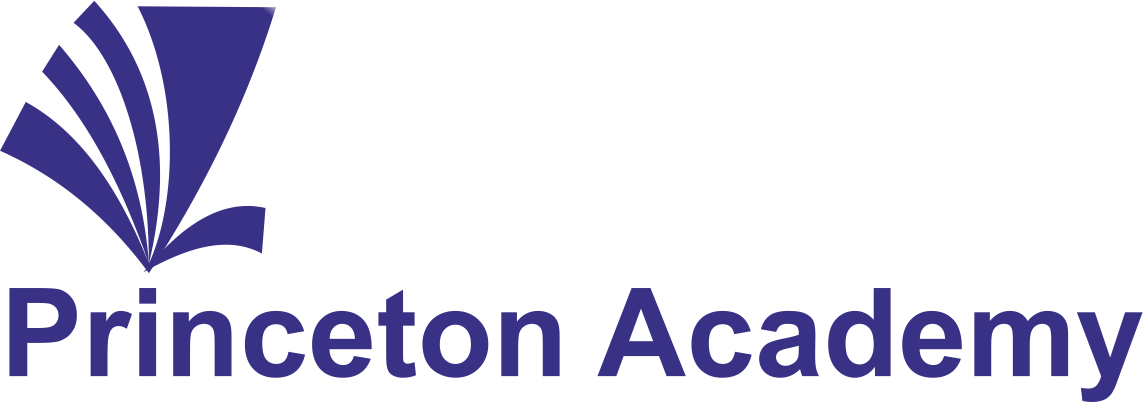Client Communication
- Understanding Client Psychology
- Identifying different client personalities and communication styles.
- Tailoring communication approaches based on client needs and expectations.
- Building rapport and trust through effective listening and empathy.
- Advanced Verbal Communication Skills
- Crafting concise and impactful messages.
- Using persuasive language
- Storytelling techniques.
- Handling objections and difficult conversations with professionalism.
- Nonverbal Communication Mastery
- Utilizing body language, facial expressions, and vocal tone for maximum impact.
- Projecting confidence and credibility through nonverbal cues.
- Reading and responding to client nonverbal communication.
Client Engagement Strategies
- Managing Challenging Client Situations
- Client Negotiation Tactics
- De-escalating difficult conversations and handling conflict.
- Building consensus and maintaining strong relationships.
- Saying “no” gracefully and assertively.
- Utilizing effective communication tactics in crisis situations.
- Cultivating Long-Term Client Relationships
- Identifying client needs and exceeding expectations.
- Proactively communicating and anticipating client concerns.
- Building trust and loyalty through personalized service.
- Demonstrating value and ROI at every stage of the client journey.
Meeting Etiquette
- Pre-Meeting Preparation – Agenda development, information sharing and anticipating client needs.
- Icebreakers and conversation starters
- Facilitating Interactive Discussion
- Connecting through shared interests
- Active Listening
- Encouraging Participation
- Staying on Track
- Actionable Agenda
- Effective Time Management
- Decision-Making Strategies – Reaching consensus, and documenting actio n items with owners and deadlines.
Building Trust and Rapport
- Demonstrating Appreciation
- Summarizing Key Points and Commitments
- Post-Meeting
